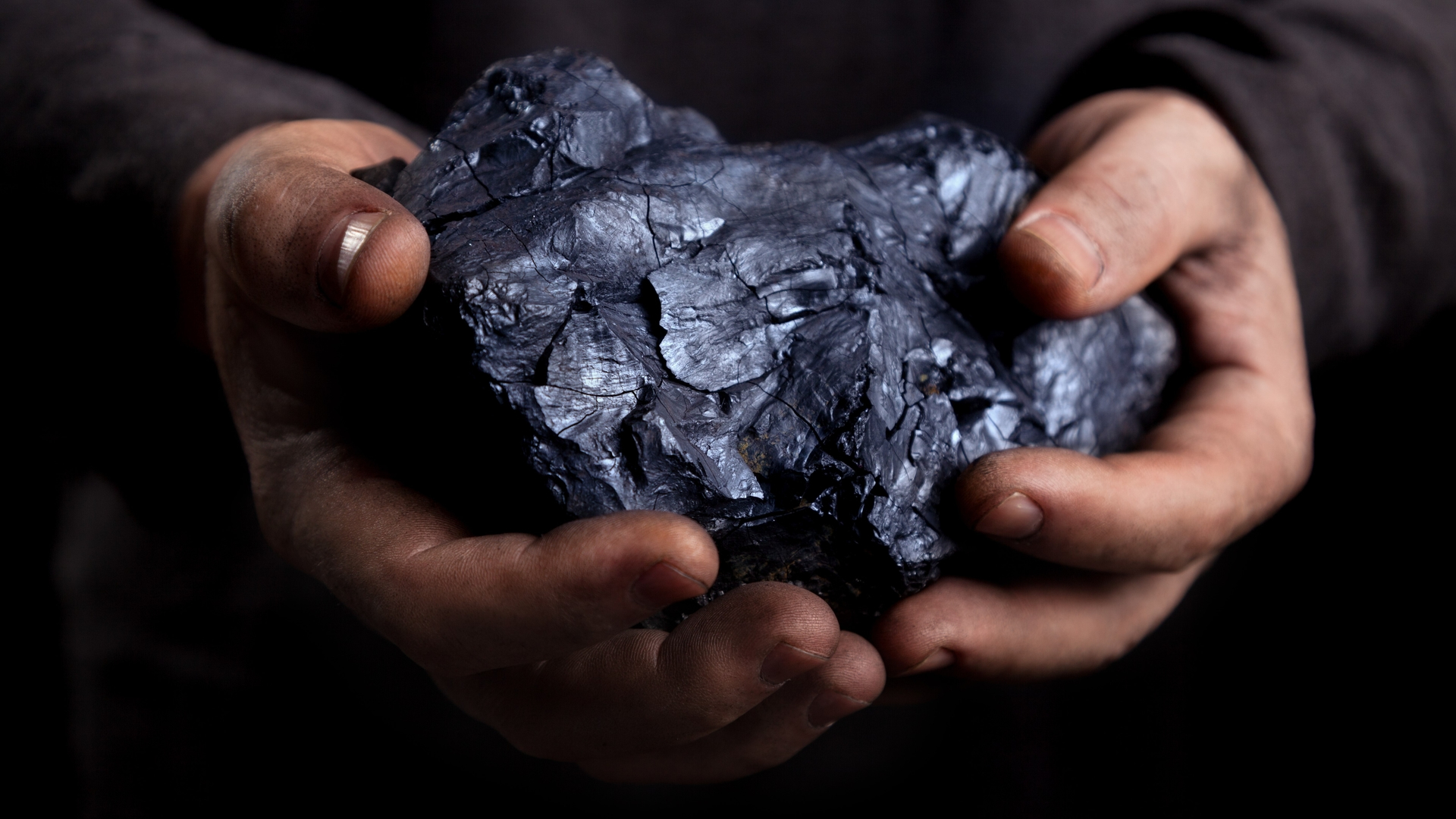
IEEE Spectrum reports that a team of researchers is looking into coal as a potential replacement for metal oxide film used to insulate next-generation 2D transistors. If coal can be successfully used to replace modern-day metal oxide transistors, it could have huge implications for the semiconductor industry.
Semiconductors rely on multiple materials to function properly. While semiconductors are mainly made from silicon, additional materials are required to insulate the silicon transistors and prevent electrical current from leaving the transistor when it shouldn’t. Another term for this is leakage. In today’s semiconductors, metal oxide insulates silicon transistors to keep leakage at bay.
But there’s a problem: today’s demand for semiconductor transistors is at an all-time high due to many factors, including AI. Silicon, the material that makes up modern-day semiconductor transistors, is getting harder and harder to find due to the ever-increasing demand for semiconductor chips. As a result, the semiconductor industry is now desperate to find new, more readily available materials that can replace silicon.
This is how coal, of all things, was discovered as a potential candidate to help replace silicon-based semiconductor transistors. Coal isn’t being used to replace silicon transistors; instead, it is being researched as an insulator for non-silicon transistors to replace metal oxide.
Currently, a few other materials are being looked into to replace silicon transistors, namely graphene and molybdenum. Transistors made from these two materials are known as 2D transistors due to their incredible flatness. Graphene, in particular, is capable of functioning at a thickness of a single atom.
However, one problem with these 2D transistors is that metal oxide cannot adequately insulate them when bonded to them. This results in leakage, making the transistors inoperable. Coal was found to be far more capable of insulating graphene and molybdenum transistors, properly insulating the transistor’s extremely flat surface. A feat that metal oxide is unable to accomplish.
R&D into coal insulators is still in its infancy. Still, currently, it is the only material that has been found capable of insolating graphene and molybdenum 2D transistors, giving coal a bright future head. It also has several other advantages, including high abundance, easy fabrication, and a rich nanostructure, making it an ideal material for semiconductor manufacturing in the future.






